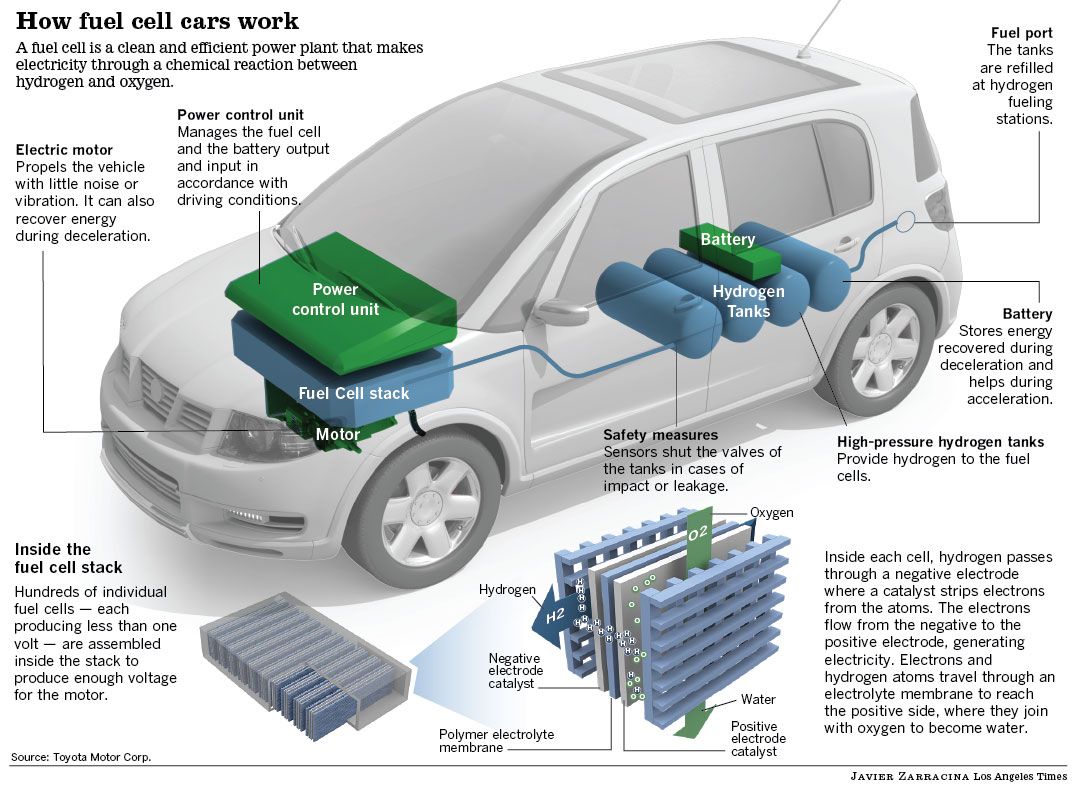
Helene Kinsler Process Engineering, Mechanical Engineer
Car Manufacturers striving to produce cleaner vehicles
Hydrogen cars to protect jobs
Hyundai the South Korean car manufacturer is backing hydrogen power as an alternative to battery technology in order to protect thousands of component jobs that would otherwise be lost by moving to electric cars.
It has been reported that an estimated 600,000 jobs in Germany alone are at risk from the switch from the internal combustion engine to battery powered cars, largely because electric vehicles have significantly few moving parts.
Hyundai has stated that fuel cell cars, produce zero emissions like electric vehicles, but have a far higher number of components because the working of the fuel cell engine resembles petrol engines.
Importantly for jobs most of the parts required can be produced by existing suppliers within the industry.
A spokesman for Hyundai stated “hydrogen technology means people who make internal combustion engine parts can still have jobs”.
UBS calculated there are 136 moving parts inside the engine of a VW Golf, compared with 16 for an electric vehicle. Hyundai estimates about 160 parts are needed for its latest hydrogen vehicles.
It is understood that Hyundai and Audi have entered into an agreement where they will share patents on the new technology, and in the future will work to a joint development programme – this in turn is expected to protect jobs worldwide and keep technology development at the forefront.
Hopefully this development will protect jobs whilst enabling us all to enjoy a cleaner healthy environment by using Hydrogen Powered vehicles.
Acknowledgements: Financial Times - 21/06/18
